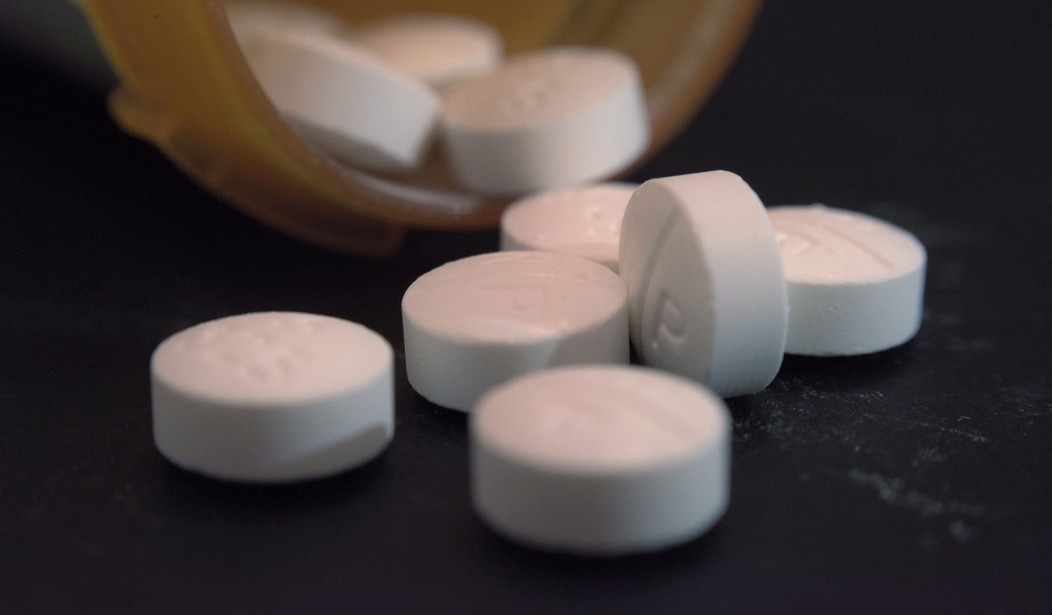Representative Yvette Herrell (R-NM) is leading the charge to make the United States independent of foreign powers when it comes to critical pharmaceuticals and medical products. With a new bill, one her office calls "a first step to figuring out a roadmap to pharmaceutical independence," will begin the process of reshoring the supply chains Americans rely on in public health emergencies.
In order to begin the work of bringing medical supply chains back within the United States and safe from foreign interference, Rep. Herrell's Protecting American Lives (PAL) Act of 2022 would require the Department of Health and Human Services — and specifically the FDA — to report to Congress within 180 days on "barriers, including regulatory inefficiencies, to domestic manufacturing of active pharmaceutical ingredients, finished drug products, and devices" that are imported from outside the United States and critical to Americans during a public health emergency.
Rep. Herrell's legislation would also require the report to "identify factors that limit the manufacturing of active pharmaceutical ingredients, finished drug products, and devices" and "recommend specific strategies" to overcome those barriers. "I am proud to introduce the Protecting American Lives Act, which would require the FDA to identify rules and regulations that make it difficult to produce lifesaving drugs in America, so we can clear them out of the way and bring our pharmaceutical production home from China," Rep. Herrell said. "We cannot entrust the health of millions of Americans to authoritarian regimes, especially in times of global crisis."
Recommended
According to testimony on the subject of America's current dependence on Communist China for key pharmaceuticals given before the Senate in 2020, "azithromycin, ciprofloxacin, and piperacillin/tazobactam — the three most-used antibiotics — rely exclusively Chinese-manufactured ingredients."
When it comes to common over-the-counter medicines, the U.S. is also reliant on Chinese suppliers. Some 95 percent of ibuprofen and 70 percent of acetaminophen consumed in America is imported from China.
The need for America to be independent of the whims of the Chinese Communist Party should be plainly apparent already, but legislation like Herrell's became even more critical when the CCP threatened to withhold products from the United States as the Wuhan coronavirus spread across the globe. And countries that received China-made face masks and COVID tests later found that the masks were ineffective and the tests unreliable.
Beyond the threat posed by dependence on China for critical medical supplies and drugs in another public health emergency, there's an economic argument for bringing medical supply chains back to the United States, too. American pharmaceutical imports were the third-largest category for imports in 2019, totaling more than $125 billion worth of products. According to a 2020 report in Industry Week, bringing American pharmaceutical production back up to 2010 levels, an increase of around $65 billion, would add $200 billion to the country's GDP and support more than 800,000 good-paying jobs.
Rep. Herrell is backed up in her efforts to pass the PAL Act by the conservative Republican Study Committee (RSC), of which she is a member. "China should never be able to put us in a similar situation again," noted Rep. Jim Banks (R-IN), chairman of the RSC. "If our nation isn’t secure, then we’re not free. The Republican Study Committee is proud to partner with RSC member Rep. Yvette Herrell on this important bill," Banks said.

























Join the conversation as a VIP Member